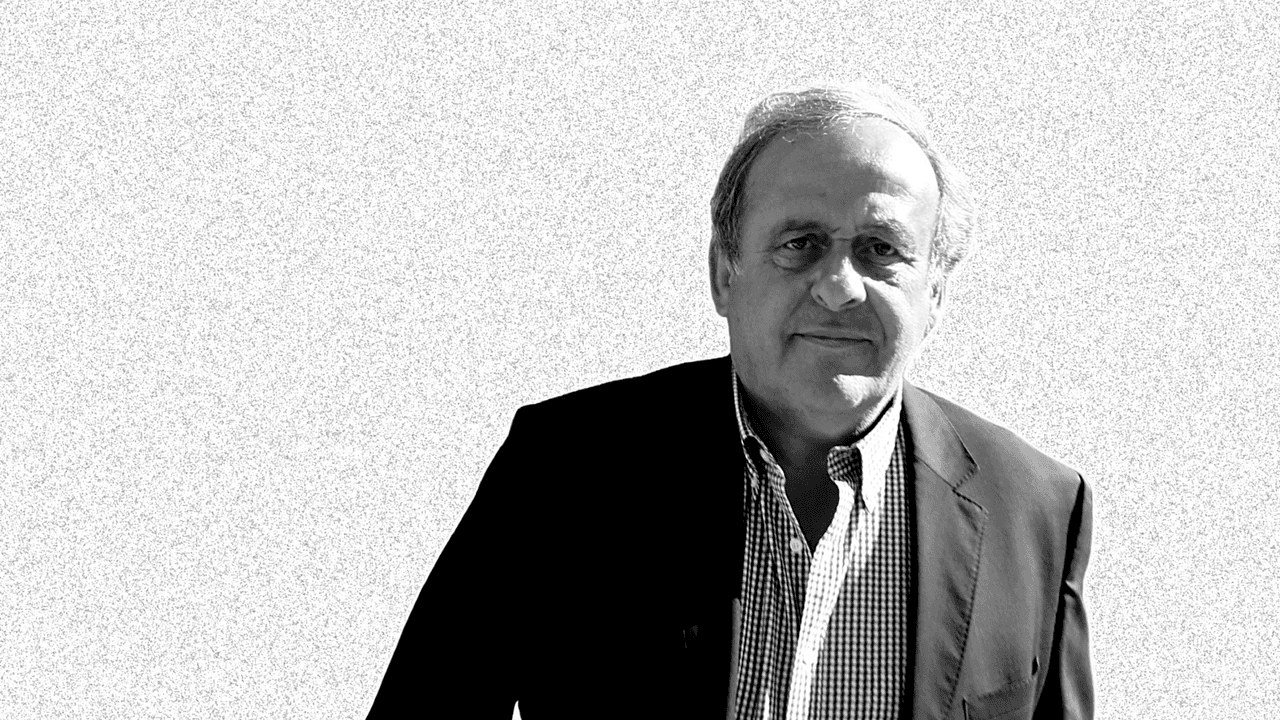
French police investigate hacking of Michel Platini’s email
French authorities are investigating allegations that the former footballer and Uefa president, Michel Platini, was targeted by email hackers in connection with the World Cup in Qatar.
Platini was interviewed by French police following revelations by the Bureau and Sunday Times that he had been targeted by the hackers in May 2019, around the time investigators were looking into allegations of corruption in Qatar’s controversial bid to host the World Cup.
Prosecutors in Paris confirmed to the Bureau that they had begun preliminary investigations into attacks on Platini, French senator Nathalie Goulet and journalist Yann Philippin, as Le Monde reported this week.
In November, the Bureau and Sunday Times published a joint investigation detailing how a group of hackers in India had targeted critics of Qatar in the run-up to the World Cup. The reports were based on leaked documents revealing the “hack-for-hire” gang’s inner workings, linking hackers, private investigators and victims around the world.
Platini had been on the Fifa executive committee that voted on the bids for the 2022 World Cup and it had been rumoured that he was pressured to back Qatar during a lunch meeting with Nicolas Sarkozy, then the French president, and Sheikh Tamim bin Hamad Al Thani, Qatar’s future ruler.
At the time Platini was hacked, the Parquet National Financier (PNF), France’s serious and economic crime enforcement unit, was poised to talk to him about the lunch as part of an investigation into corruption in the World Cup bid.
Platini was initially unaware that he had been hacked but filed a complaint with the police in order to establish whether his privacy had been violated, a representative told the Bureau.
Goulet, the French politician also identified as a hacking victim, has publicly criticised Qatar for allegedly financing Islamic terrorism. The leaked data shows that the hackers held Goulet’s email password. Philippin, the journalist, said he received a flurry of phishing emails after he published an article in December 2019 detailing a French judicial investigation into how Qatar was awarded the World Cup. He said the hack was unsuccessful because he spotted the attack and changed his phone and computer.
The list of more than 100 hacking targets identified by the Bureau and Sunday Times does not just include figures with a Qatar connection. Other names on it are the BBC’s political editor Chris Mason, the former chancellor Philip Hammond and the Swiss president Ignazio Cassis.
Private investigators linked to the City of London had been responsible for hiring the Indian hackers and material they obtained has find its way into high court lawsuits. British police have been alerted about some of the allegations but have yet to take any action.
Lead image: Michel Platini. Credit: Reuters/Arnd Wiegmann.
Reporter: Franz Wild and Ed Siddons
Finance editor: Franz Wild
Editor: Meirion Jones
Production editor: Alex Hess
Fact checker: Alice Milliken
Our Enablers project is funded by Open Society Foundations, the Hollick Family Foundation and out of Bureau core funds. None of our funders have any influence over the Bureau’s editorial decisions or output.
-
Area:
-
Subject:




